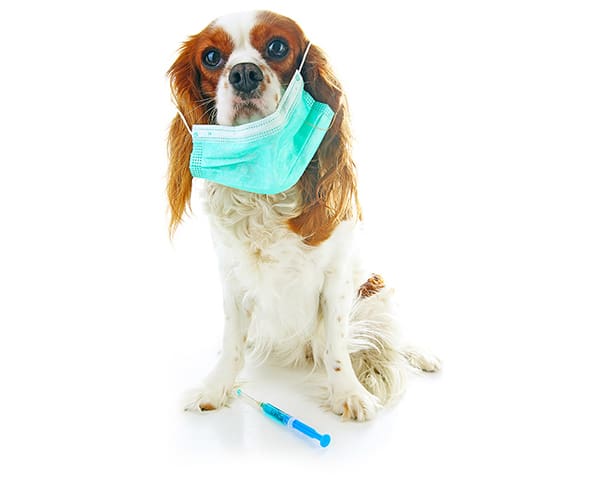Surgery for your furry family member can be a scary thought. We don’t blame you for feeling that way. We perform a variety of surgeries in our hospital every day, and honestly, we enjoy most of them from a medical perspective. But we completely relate to how you feel, because even though we know everything about the details of a procedure, when it’s our own personal pets, it feels different for us, too. We love and worry about our cats and dogs because our hearts are so involved with them, so we take any surgical procedure with your pets just as seriously.
Caring hands. Compassionate hearts. There’s a reason this is our motto: because what we do with our hands is a direct reflection of how compassionate we feel, not just toward animals, but toward our clients.

We perform several different types of surgery. Any time we will be anesthetizing a pet, we first ask that you follow any fasting instructions you’ve been given. A full belly and anesthesia should be avoided.
If a blood panel hasn’t been run recently, we always run a new pre-op panel prior to surgery to ensure that all major organs are functioning well. This is done to minimize risk. If all looks good, then even our choice of anesthesia used might vary by case or patient to ensure the best results. We’ll administer pain medication before the pet even wakes up, so that they already have a dose in their bodies as soon as surgery is over.
We have a modern surgery suite, and while your veterinarian performs surgery, our technicians constantly check all of your pet’s vital signs, communicating them to the doctor as we go. Surgeries are performed with the utmost care. For many surgeries, you’ll be able to take your pet home the very same day!
Common Pet Surgeries & Procedures
When you bring a cat into your life, you want her to be as healthy and happy as possible for as long as possible. One of the most important health decisions you can make for your female cat is choosing to spay her. While you’re probably......
For humans, bloating is uncomfortable and inconvenient. For dogs, bloat is a life-threatening emergency. When a dog’s stomach fills with food, liquid, or gas, it rotates as it expands. For reasons that still aren’t fully understood,......